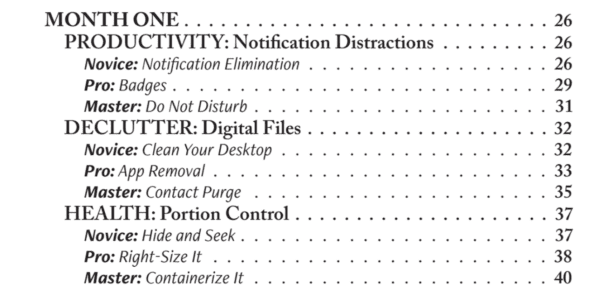Wake up, sleepyhead!
It’s not even lunchtime yet and you’re fading fast on us. Guess you shouldn’t have stayed up until 2 AM binge watching that one show you found on Netflix you can’t seem to remember the name of right now, huh? Why is that, anyway?
Because you’re tired. Lack of sleep – or falling into the terrible clutches of what’s known as “sleep debt” – is one of the biggest hazards facing productive worker bees in the capitalist hive some of us were born into.
When you’re sleepy, you’re not going to feel up to the task of tackling the endless flood of paperwork that the working world’s axis spins on. Instead, you’ll feel like crawling up into a ball, praying for the world to go away for just a few more hours.
Trust us. We’ve been there – and it’s not a fun place to visit. Being tired at work not only puts a damper on your mood, it affects the people around you as well.
Your co-workers (or, worse yet, your boss) are more likely to come up and do that annoying thing where they ask you if you’re “feeling okay”. Ugh. The nerve of them.
Why is it that a good night’s sleep (which is described in great detail in the Sleep Advisor), is so important to have a productive day at the office? Being big sleep fans ourselves, we decided to look further into the matter and come up with a list of ways that an adequate amount of rest makes you more successful in the workplace.
It repairs your brain.
Did you know that sleeping repairs your mental processes and cleans up your neural pathways? Yes, there are good reasons why we absolutely have to go to sleep at night, and this is one of them.
According to Dr. Maiken Nedergaard, co-director of the University of Rochester Medical Center's Center for Translational Neuromedicine in Rochester, N.Y, sleep is necessary to clean out the toxins and unnecessary memory information from the brain.
“The brain only has limited energy at its disposal, and it appears that it must [make a choice] between two different functional states — awake and aware, or asleep and cleaning up,” Nedergaard was quoted as saying. “[It’s like] having a house party. You can either entertain the guests, or clean up the house, but you can't really do both at the same time.”
And we all know that a messy house isn’t welcoming for all your friends and their plus ones, now is it?
When you get a decent amount of mandatory unconscious time in at night, your brain will be more open and susceptible to the programming – er, the data that you need to absorb in order to function properly at work. Makes sense, right?
People will like you more.
Take it from us: being grouchy isn’t cool unless you’re a cute, fuzzy puppet who lives in a trash can. This is especially true in the workplace, where your colleagues are more likely to pick up on your, um, “negative aura energy”, man.
Getting better rest will make you charismatic, which means you won’t be a lot less likely to glare at people around you without actually meaning to. A study performed at the University of Washington discovered that tired people are more likely need to participate in what’s known as “emotional labor” – i.e. faking emotions – which turns other people off.
Being an “emotional laborer” expends a great deal of energy, especially when you’re trying to appear happy or excited. “Surface acting” is the most common type of emotional labor.
Otherwise known as “grinning and bearing it“, this is the state where you are insisting that you’re ”fine“ to people when, in reality, you feel like pulling the covers over your head and wish they’d stop asking you how if you’re feeling okay.
So if you want to seem less crabby and more naturally charismatic at work (and not snap passive aggressively at your team member in an email chain), 6-8 hours of nice, restful sleep will benefit you in the long run.
It helps you out physically.
Sleeping more doesn’t just help your brain out in the middle of the night when you’re off wandering around somewhere in the land of slumber. It also helps your body take care of itself physically. It also boosts your immune system, keeping you healthy and less accident prone due to fatigue or lack of focus.
Sleep also reduces cortisol, the hormone that causes stress, which will tax your body as well. The less of that you have, the fewer deadlines will seem to be like the apocalypse to you, and the better you’ll feel when you’re plugging away at whatever it is that you do at work. (We don’t want to assume anything.)
That’s all we’ve got for you now. We hope this will encourage you to get to bed on time tonight for once, you crazy party animal.
Sarah’s from Venice Beach, California. She loves yoga, meditation, cycling and walking her dog Monty by the sea…or rather, having him walk her!! She has a mild obsession with anything related to sleep, which is what she blogs about regularly and is often chastised for poking her nose into her friends’ sleeping habits. She now knows better than to tell her image-conscious friend that she looks “a bit peaky” before asking her what she typically eats as a bedtime snack! Sarah takes her own advice on board as much as possible and has been laptop-free in bed for the past year. And she’s never slept better!
Need some sleep inspiration? Marcey discusses the importance of sleep in managing chronic illness and Hashimoto's Disease on two recorded webinars.


